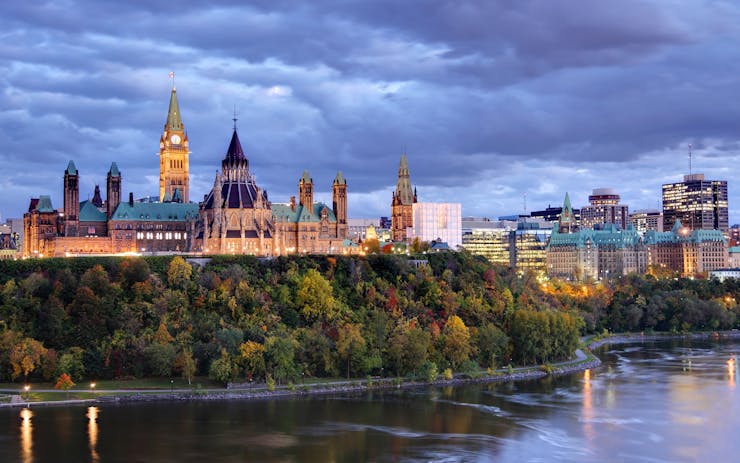Most Canadians approve of the federal government’s decision to legalize recreational marijuana and are looking forward to the Cannabis Act becoming law in July 2018—but a growing number of them don’t want to wait that long. On June 6, Toronto’s Medical Officer of Health issued a report stating that the federal government should decriminalize possession of recreational marijuana immediately.
“Given that cannabis possession will soon be lawful in Canada, it’s recommended that the Board of Health urge the federal government to immediately decriminalize the possession of non-medical cannabis for personal use,” Dr. Eileen de Villa said in the report, which Toronto’s Board of Health is scheduled to review on June 12.
De Villa reasoned that individuals arrested and convicted of possession could face long-term consequences, such as limited access to employment and housing, social stigmatization, and lower economic status. She estimated that there would be approximately 59,000 charges and 22,000 convictions for simple possession before cannabis is legalized next summer.
Cannabis Act Moves Forward, Slowly
In the same week that de Villa issued her report, the Cannabis Act moved a step closer to becoming law by passing its second reading in the parliament with 200-76 votes. During the debate, the left-leaning New Democratic Party (NDP) voiced support for the bill but, like de Villa, stated a desire to decriminalize marijuana immediately and end arrests for possession.
'It’s unfortunate to see that we’re not going to see any action on the Cannabis Act for 15 months.'
The NDP first pushed for immediate action when the Trudeau government introduced the Act in mid-April. “It’s unfortunate to see that, again we’re not going to see any action on this for 15 months, or a date that’s going to be determined by the governor in council,” NDP Justice Critic Alastair Macgregor said, adding that, given the status quo, there would be “charges and convictions handed out to lots of Canadians” between then and July 2018. As part of its policy platform leading up to the 2015 federal election, the NDP included a call for the immediate decriminalization of small amounts of cannabis for personal possession.
Many stakeholders in the cannabis industry support that position. “I understand industry participants feel strongly about this issue,” Fiona Brown, a lawyer with Aird & Berlis, a Toronto-based firm that serves cannabis producers and distributors, told Leafly. “Many of my cannabis clients believe that it’s important to have the proper regulations in place—but they also have sympathy for those now being burdened with the long-term consequences of a criminal record given that the federal government intends to decriminalize [cannabis] shortly.”
Not Much Decrim Support Yet
So far, requests to speed up the decriminalization of recreational marijuana have fallen on deaf ears. The Liberals have refused to do so primarily, they say, because they believe decriminalizing cannabis before it’s made legal would leave the drug and its profits under the control of organized crime.
“We believe in the legalization and regulation of marijuana because it protects our kids and keeps money out of the pockets of criminal organizations and street gangs,” Trudeau said in the House of Commons a week after his government introduced the Cannabis Act. “The fact of the matter is that decriminalization … actually gives a legal stream of income to criminal organizations. That is not what anyone wants in this country.”
The federal government 'often uses the specter of organized crime as a bogeyman.'
But Toronto-based lawyer Jack Lloyd isn’t buying that argument. “Decriminalizing cannabis would not benefit or damage organized crime. When the federal government deals with cannabis-related issues and cannabis policy, it often uses the specter of ‘organized crime’ as a bogeyman,” he told Leafly. “Prohibition is the cause, not the solution, to the problems the government associates with cannabis.”
Not only would decriminalization benefit individuals who use recreational marijuana, Lloyd said, it would also be good for society. “Cannabis-related cases are clogging the courts and occupying police officers who could be used to investigate more serious offenses. It’s a misuse of the criminal law power at this stage to utilize valuable police resources arresting and prosecuting something that is going to be legal soon,” said Lloyd, who represents Marc Emery, the so-called “Prince of Pot,” and others charged with cannabis-related offenses.
“We’re at the tail end of a failed government experiment in prohibiting consensual activity. Refusing to decriminalize prior to legalization is an implicit way of supporting decades of their own prohibition policies,” he added. “Ultimately, if the intention is to legalize it, the first step is to decriminalize it.”





